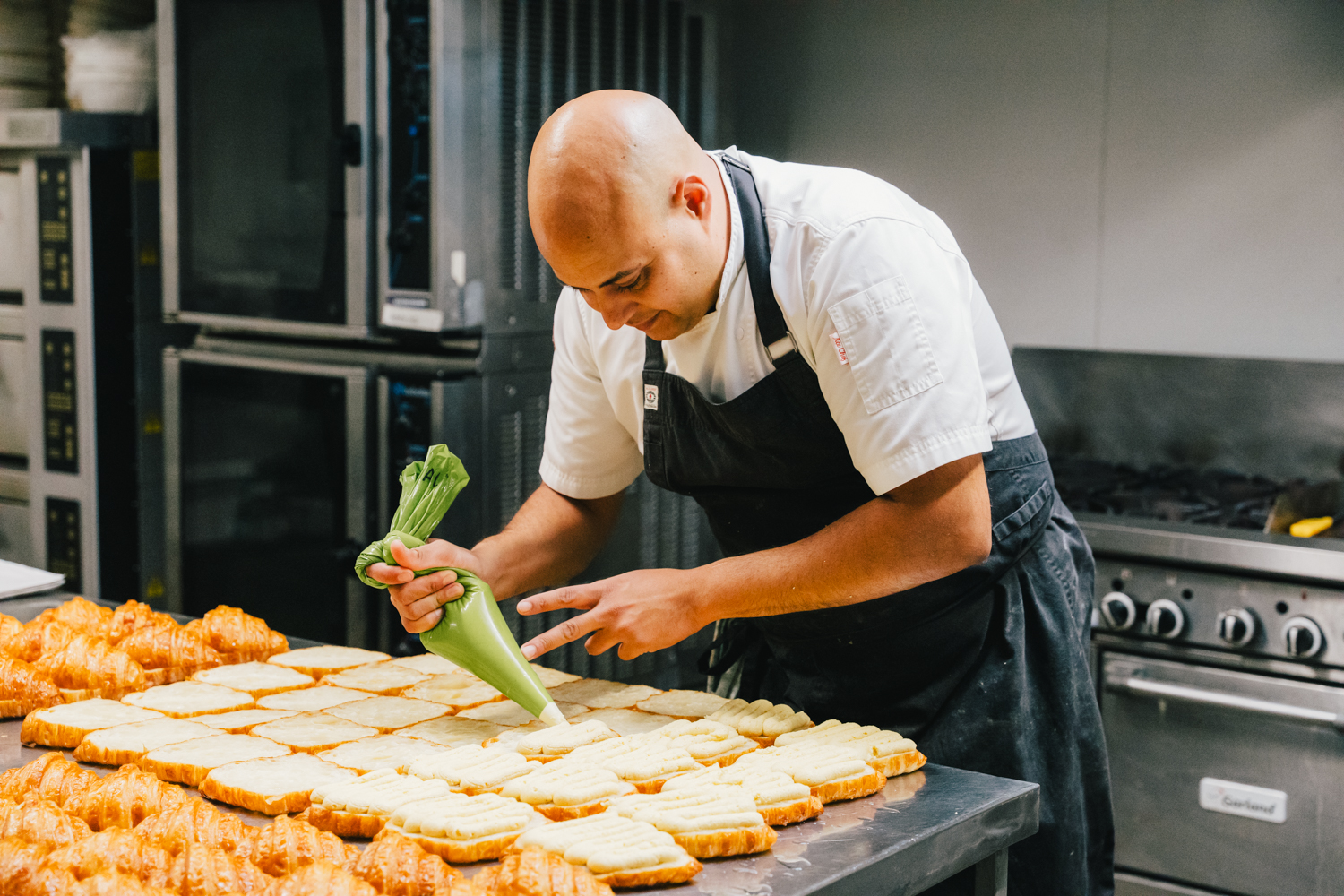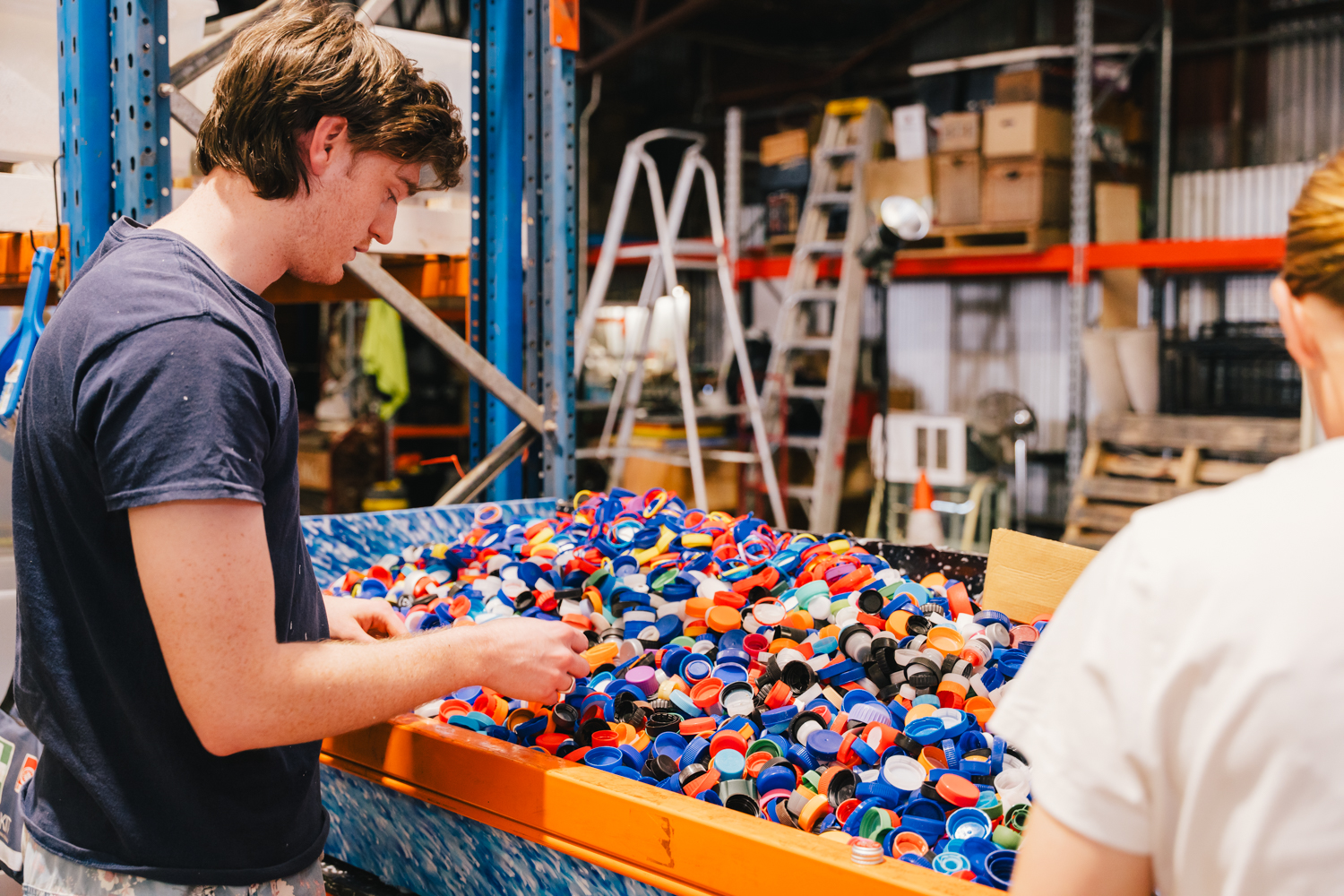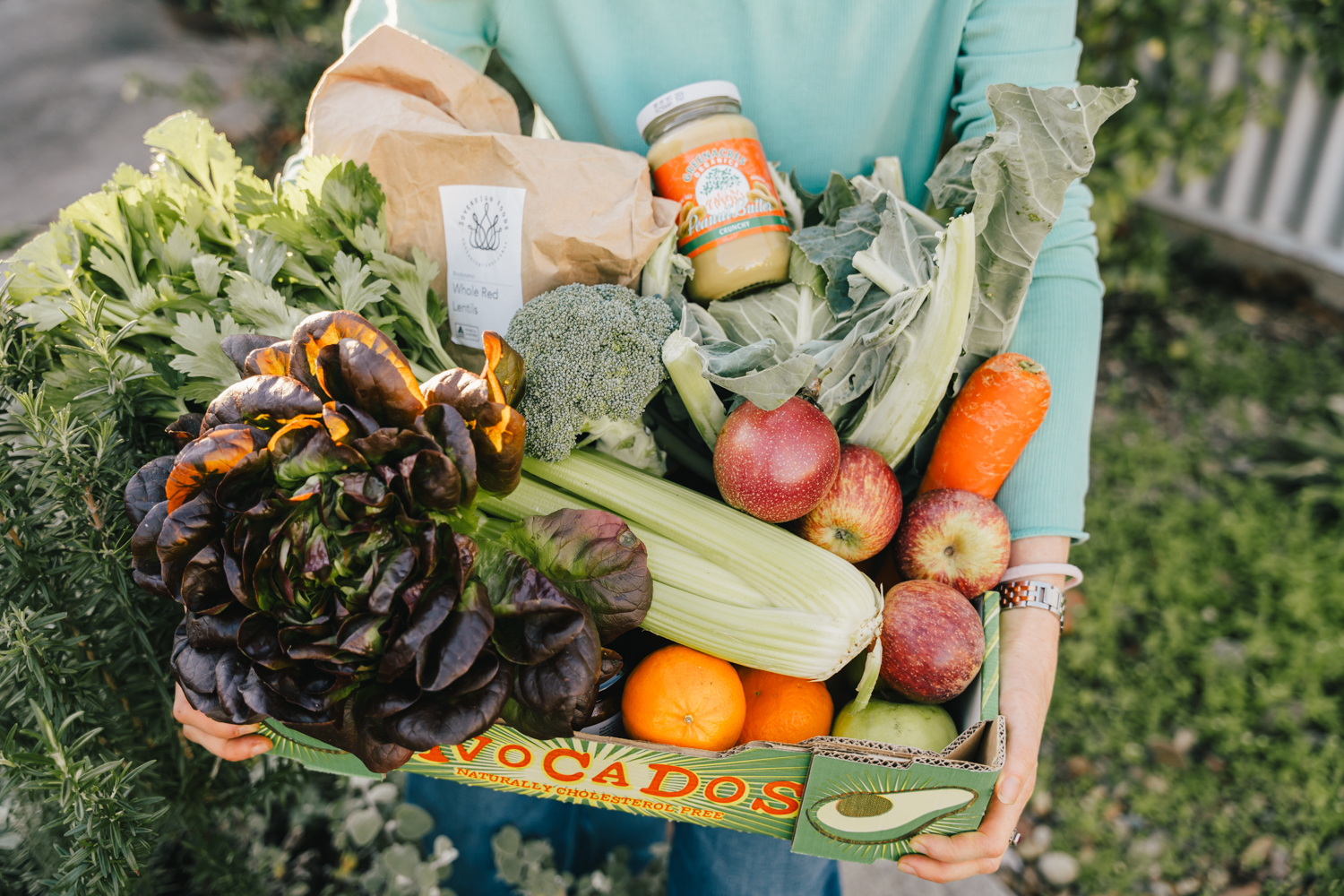Australia’s food system is at a crossroads. Many farmers are struggling to make a viable living, regional communities are under pressure, and industrial approaches to agriculture are placing strain on the soils and waterways that sustain us.
At the same time, Australians would like healthier, more local food options, yet many regenerative producers find it difficult to reach consumers in a way that is fair and competitive. Amid these challenges, Brisbane’s Food Connect Shed is demonstrating what a more connected, resilient and community-focussed food system can look like.
The Food Connect Shed is a community-owned food hub that’s building the “missing middle” – the infrastructure our industrial food system has neglected.
It’s the connective tissue that makes it possible for farmers, food producers and eaters to connect directly, without the commercial supply chain.
It’s a place for connection, collaboration and creativity.
And of course, for eating.
Not shareholders, but “careholders”
At The Shed, this missing middle is being actively restored: physically, socially and economically.
In 2019 Rob Pekin and Emma-Kate (EK) Rose crowd-funded the purchase of an industrial, inner-city warehouse. They didn’t wait for the government or the supermarket duopoly for help or permission. Instead they raised $2 million from 500 community investors.
These investors are known as “careholders” – they’re ongoing, active participants in the life of the Food Shed.
Together, the careholders bought and converted the shed into a shared, values-driven food infrastructure with commercial kitchens, cold storage, warehousing, loading docks, office and event space. This shared structure lets many small farms and businesses become part of one resilient system.
It became profitable in only two years.
Alive with activity
The Shed is bordered by a small kitchen garden with native herbs tended by First Nations chef, Chris Jordan. It hums with the activity of a steady stream of foodiepreneurs coming in and out using the commercial kitchen. There are the smells of pastry and bread, chilli sauce and miso, felafels and fresh fruit.
When the Buyers Club is in session, deliveries of eggs, veges and staples arrive throughout the day. And happy locals drop in to collect their swag of local produce.
The anchor tenants buzz about, stopping for a chat over a coffee or a drink, or taste testing someone’s new recipe. Increasingly they’re also collaborating in one way or another.
Meanwhile upstairs, Rob and EK are busy curating and match-making a network of regenerative farmers, small food manufacturers, restaurants and community buyers.
They’re helping farmers and food enterprises build viable businesses within regenerative systems. Real livelihoods, not charity. Connecting farmers with restaurants. Caterers with homeless shelters. Grain growers with bakeries. Chefs with at-risk youth.
It’s not a traditional supply chain service. And it’s a far cry from the mainstream Australian food system. They’re building shared infrastructure – the backbone that makes regenerative food economically competitive.
The Shed has supported 96 tenants over seven years; 62 of them have been women-led enterprises. Many are First Nations or migrant producers. They’ve established an estimated social return on investment of $3.20–$4.80 for every dollar. It’s an extraordinary achievement


Replicating the Food Connect Shed model
Rob and EK want to help the rest of Australia follow suit, creating regional, connected food hubs and supply chains around the country that diversify the country’s food system beyond long-distance, centralised supply chains.
They’ve distilled their learnings and insights into a Replication Strategy which is freely available. It’s a great act of generosity and a real opportunity for Australian communities to harness their own strengths and create food hubs suited to individual places and people.
“We think Australian is ready to roll out the Food Connect model!” says EK. “We’d love to see a national network of 50–100 hubs get up and running, to really transform our food system.
“There are lots of ways communities can raise capital to make food hubs work – we hope that our experiences and insights will show people that this is possible anywhere. And we’re always happy to come and talk to groups interested, on how to get going.”
EK and Rob see public procurement as another frontier for helping to scale up food hubs, by anchoring demand.
“The aged care food budget itself is around $1 billion annually” says EK. “And when schools, hospitals and prisons are included, government becomes the sleeping giant of food systems transformation.
“Redirecting even a portion of those budgets through regional hubs could catalyse new local enterprises, better nutrition, lower emissions and more resilient supply”.
Food Connect Foundation – the brains trust behind the Food Connect Shed – is working on this big issue, as part of a research project led by food systems expert Leah Galvin.
Learn more
Food Connect Shed’s lesson is simple and inspiring. Communities don’t have to wait for policy to catch up.
With a values-based approach and a commitment to a shared economy, food hubs can be powerful acts of climate action. And with the right legal guardrails and a mix of capital, they can give resilient, local food supply chains that support both farmers and communities and ensure healthy food, healthy people and a healthy planet.
Download the Food Connect Replication Report here.

Join our community
Follow us on LinkedIn for the latest partner stories,
updates and insights shaping the sector.
Macdoch Foundation acknowledges the First Peoples as the first inhabitants and Traditional Custodians of the lands where we live, learn and work. We pay our respects to Elders past, present and future.
